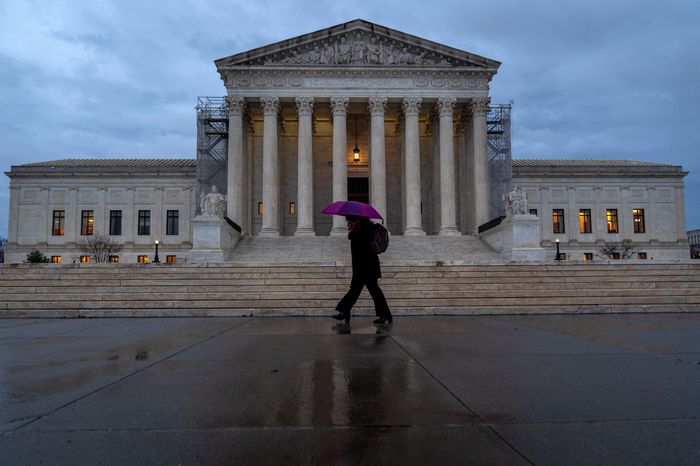In a significant development in the ongoing legal battle surrounding former President Donald Trump, the Supreme Court has agreed to consider whether Trump can claim presidential immunity over criminal charges related to election interference. This decision adds a new layer of complexity to the case and puts a temporary hold on any trial proceedings.
The court’s brief order on Wednesday stated that it would hear arguments on the immunity claim, effectively putting the case on hold until a ruling is issued. The timeline for the court’s decision allows for arguments to be heard by the end of its regular term in June, potentially expediting the process compared to typical court proceedings.
The central legal question at hand is whether a former president retains immunity from criminal prosecution for actions taken during their tenure in office. This critical issue will now be deliberated by the highest court in the land, with potential implications for Trump’s legal standing and the broader scope of presidential immunity.
While the court’s decision could have significant ramifications for the case, its timing raises questions about whether a trial will occur before the November election. Even if Trump were to lose his immunity claim, the trial might not take place until well into the election season, casting uncertainty on the timeline and outcome of the legal proceedings.
In response to the Supreme Court’s announcement, Trump reiterated his argument for presidential immunity in a post on Truth Social, expressing concerns about the potential impact of legal prosecution on a sitting president’s ability to fulfill their duties effectively.
As the legal battle continues to unfold, all eyes will be on the Supreme Court as it deliberates on this crucial issue of presidential immunity. The outcome of this case could have far-reaching implications for the intersection of presidential power and accountability in the United States.
